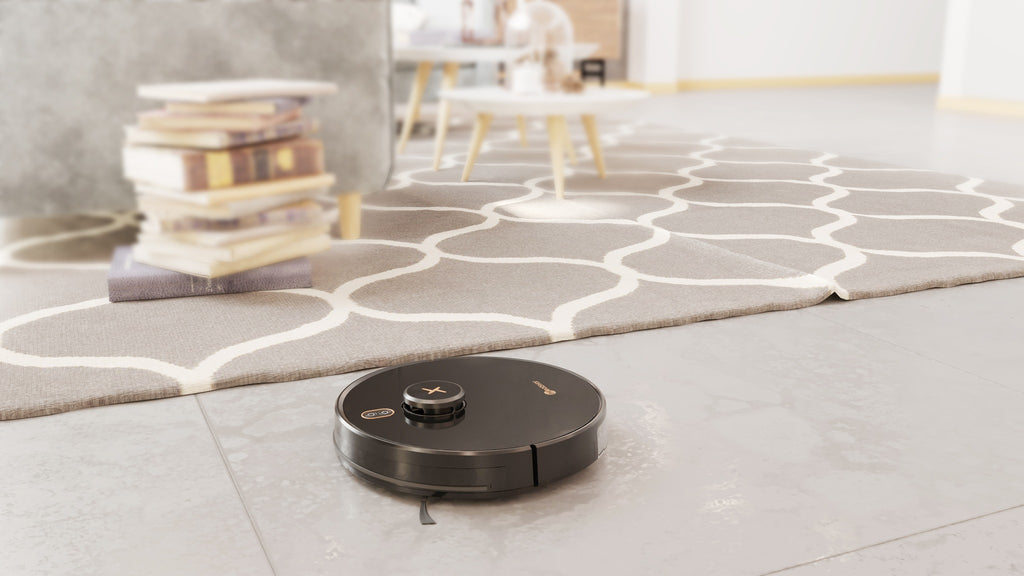What Are the Issues Behind Poor Air Quality in Winter?
Indoor air quality reduces in Winter since homeowners become more conscious of air leaks around windows, doors, rim joists, piping, etc., and result in insulation, among other efforts to boost comfort and lower heating bills. People tend to keep doors and windows locked tightly during Winter to maintain indoor warmth; however, these have negative effects.
Poor circulation of air indoors allows a buildup of bacteria, viruses, dust mites, mold spores, and other.

5 Ways to Improve Indoor Air Quality
Given the effects of poor indoor air quality in seasons like Winter, it's important to take certain measures. Here's how to improve indoor air quality in five simple ways.
Grow Plants
Houseplants can absorb harmful pathogens in the air. They work perfectly in tight spaces and rooms with little to no airflow
Monitor Indoor Air Quality
The benefits of monitoring indoor air quality include identifying the specific pollutant in your home to be able to find effective ways of getting rid of that pollutant. You can be able to know exactly when to ventilate during Winter when the levels of a certain pollutant surpass a certain level.
Open Your Windows
The effort associated with keeping your indoor environment warm and comfortable usually outweighs the need for fresh air.
Clean and Vacuum More Often
Keeping your floor and floor covering as carpets and mats can also boost your indoor air quality immensely.
To solve this problem, consider the best vacuum for air quality out there today with a HEPA filter, such as the Neastvor robot vacuum. The X600 is a vacuum cleaner, mop, and robot all in one offering unparalleled stress-free cleaning experiences. It uses a laser system and smart algorithm to map a cleaning route in your home and clean efficiently and thoroughly while avoiding obstacles with ease.
Change Furnace Filters Regularly
Since indoor heating needs increase drastically, furnace filters are bound to gather particulate matter faster. Furnace filters won't work as efficiently as they do during winter if you don't replace them regularly. Removing dirty and clogged filters more than once during Winter will ensure the trapped particulate matter doesn't recirculate back.

After taking the measures above, you won’t have indoor air quality management problems. You should start by monitoring the quality of your air indoors before purposing to open windows and doors more often, adding indoor plants, opening your windows more often, and replacing your furnace filters. Most importantly, you should invest in a good vacuum cleaner and mop like the Neatsvor X600 proven to clean your carpet, rugs, and floors automatically.